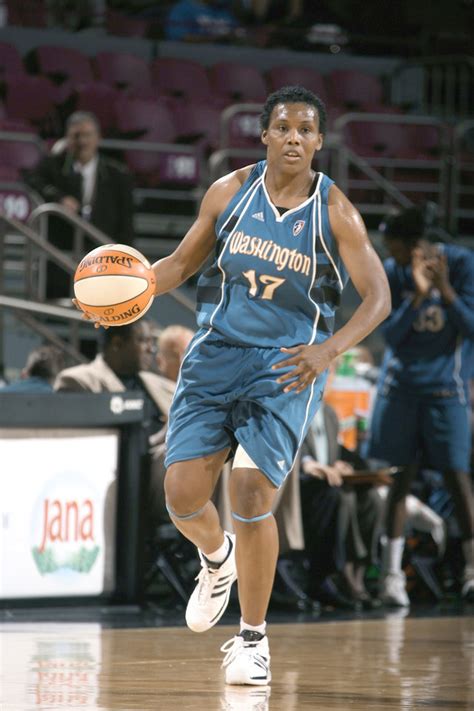A Quote by W. Kamau Bell
The history of Oregon is partially the history of a state that legislated not wanting black people around.
Quote Topics
Related Quotes
Black History is enjoying the life of our ancestors who paved the way for every African-American. No matter what color you are, the history of Blacks affected everyone; that's why we should cherish and respect Black history. Black history changed America and is continuing to change and shape our country. Black history is about everyone coming together to better themselves and America. Black history is being comfortable in your own skin no matter what color you are. Black history makes me proud of where I came from and where I am going in life.
Black History Month is a great celebration for Black people everywhere. I just hope we get to the point as Black people that we celebrate everyday like it is Black History month by living our lives and aspiring to be all we can. Many people lost their lives for us to have the privileges we have so we need to honor them by striving to be the best we can be.
When I went to high school - that's about as far as I got - reading my U.S. history textbook, well, I got the history of the ruling class. I got the history of the generals and the industrialists and the presidents that didn't get caught. How 'bout you? I got all of the history of the people who owned the wealth of the country, but none of the history of the people that created it.


































